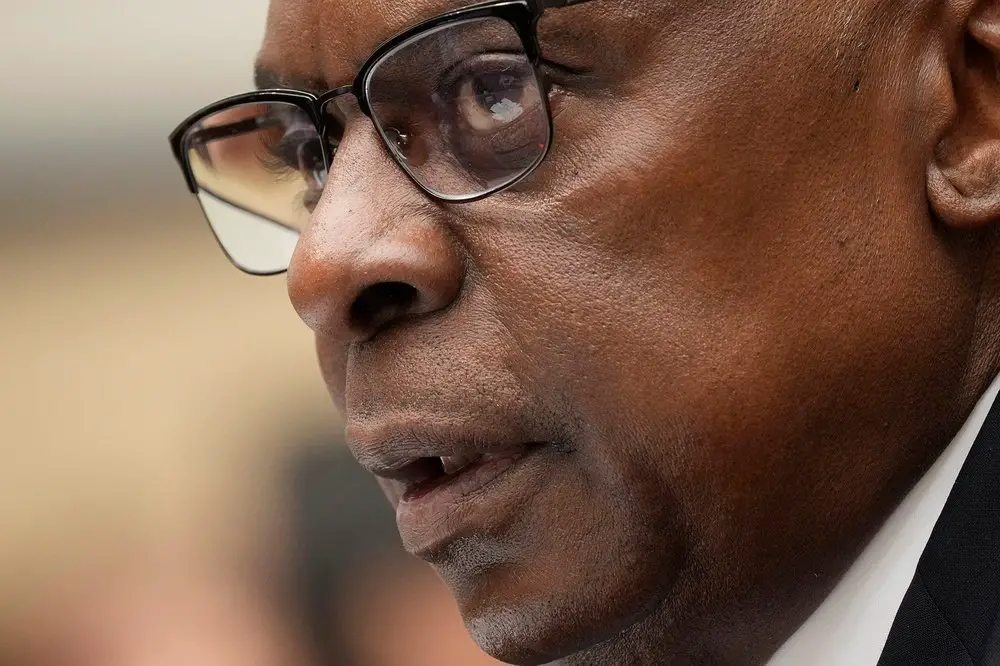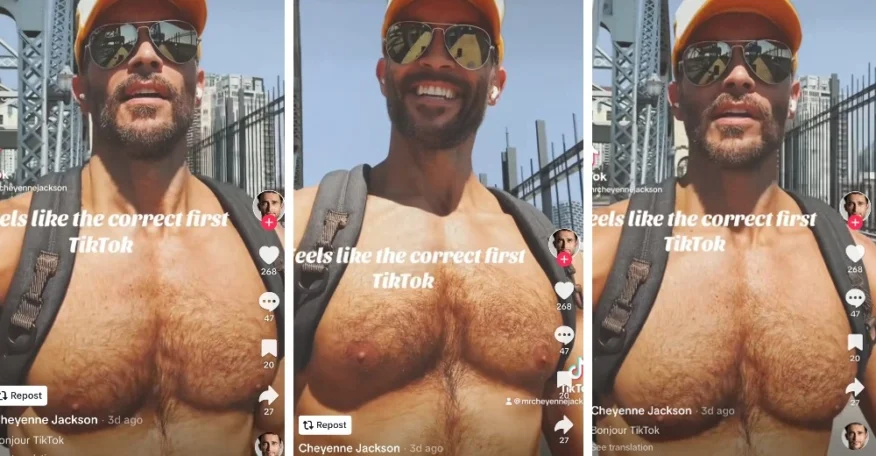The Department of Defense announced that the records of 800 members of the military who were kicked out under Don’t Ask, Don’t Tell (DADT) have been upgraded to receive honorable discharges.
“Just over a year ago, I announced that the Department would, for the first time, begin to proactively review the military records of former service members discharged during ‘Don’t Ask, Don’t Tell’ because of their sexual orientation who might have been eligible for upgrades to the characterization of their discharge or changes to their reason for separation but had not yet applied,” Defense Secretary Lloyd Austin said earlier today. “After a year of exceptional work, the Military Department Review Boards directed relief in 96.8% of the 851 cases that they proactively reviewed.”
Related
Joe Biden will pardon thousands of veterans convicted of having gay sex
Biden said he’s “righting a historic wrong.”
DADT was the 1990s policy that banned gay and bisexual people from serving openly in the military. Under the policy, servicemembers couldn’t say that they weren’t straight, but the military was not supposed to investigate, harass, or discriminate against non-straight servicemembers.
Stay connected to your community
Connect with the issues and events that impact your community at home and beyond by subscribing to our newsletter.
Subscribe to our Newsletter today
An estimated 14,000 service members were separated under DADT under less-than-honorable conditions before the policy was repealed in 2011. Service members with less than honorable discharges receive fewer benefits from Veterans Affairs, which include help with home loans, tuition, and health care.
Last year, a group of veterans filed a civil rights lawsuit against the Department of Defense to overturn their less-than-honorable discharges.
“Thousands of veterans discharged for their actual or perceived sexual orientation often received a less than Honorable discharge or had their discharge flagged with separation codes publicly associated with ‘homosexuality,’ denying them benefits they rightfully earned based on their service,” the lawsuit stated.
Veterans are also often asked to produce their discharge papers (called DD-214 forms) when applying for jobs, apartments, and loans.
“Every time they have to show that document they are essentially outed involuntarily,” Jocelyn Larkin, one of the lawyers on the case, said at the time. “This case is not about damages [and in fact it is not seeking any money for the plaintiffs]. This case is about simply changing that piece of paper because the effect of changing that piece of paper is so incredibly consequential for our clients.”
This past January, out Reps. Robert Garcia (D-CA), Mark Pocan (D-WI), and Chris Pappas (D-NH) sent a letter asking Secretary Austin to expedite the process for LGBTQ+ servicemembers to upgrade their less-than-honorable discharges.
“Since DADT repeal [in 2010], many veterans who sought to upgrade their less than honorable discharges reported a prolonged and burdensome process, often requiring the use of a lawyer, to seek the respect and benefits they rightfully earned,” the letter stated. “And far too many veterans discharged under DADT had no idea they could seek an upgrade or where to start the process.”
Austin said today that 96% of the service members who were separated under DADT now have an honorable discharge.
“We will continue to strive to do right by every American patriot who has honorably served their country,” he said.
Subscribe to the LGBTQ Nation newsletter and be the first to know about the latest headlines shaping LGBTQ+ communities worldwide.


